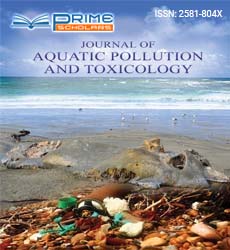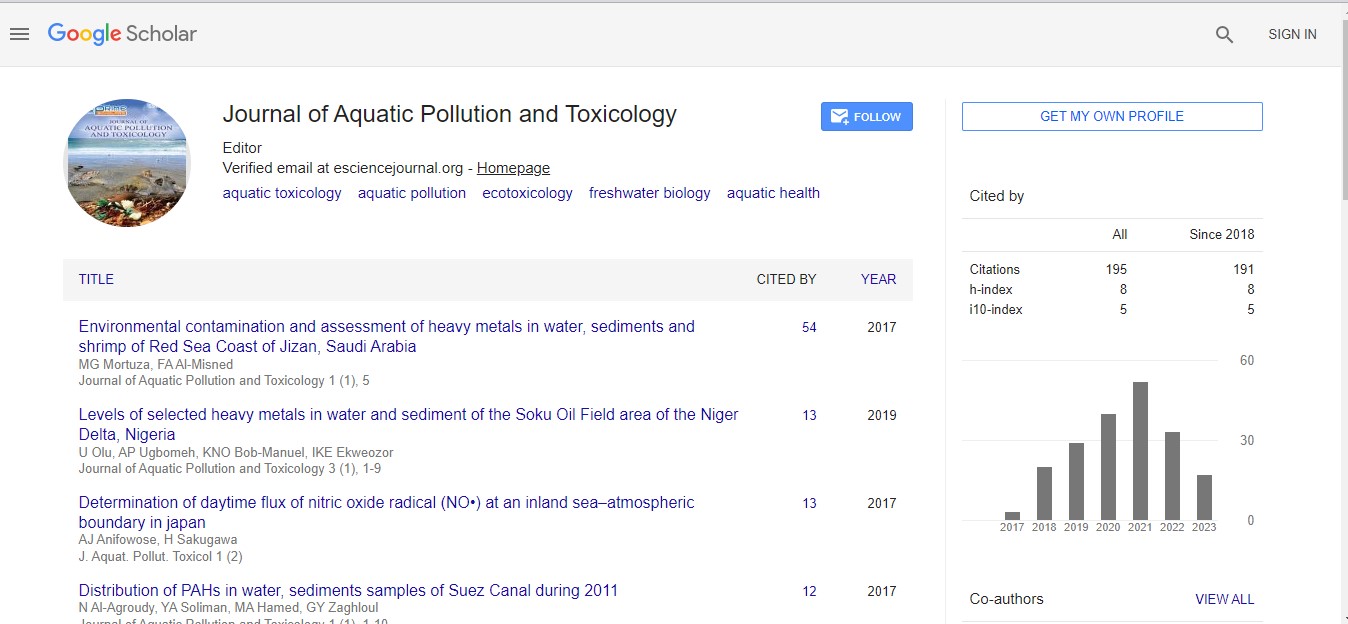Opinion Article - (2022) Volume 6, Issue 6
Controlling Environmental Pollution by using Beverage Sludge Instead of Chemical Fertilizer
Abul Hasanath*
Department of Civil Engineering, Dhaka University, Bangladesh
*Correspondence:
Abul Hasanath,
Department of Civil Engineering, Dhaka University,
Bangladesh,
Tel: 8541279630,
Email:
Received: 31-Oct-2022, Manuscript No. IPJAPT-22-14919;
Editor assigned: 02-Nov-2022, Pre QC No. IPJAPT-22-14919 (PQ);
Reviewed: 16-Nov-2022, QC No. IPJAPT-22-14919;
Revised: 21-Nov-2022, Manuscript No. IPJAPT-22-14919 (R);
Published:
28-Nov-2022, DOI: 10.21767/2581-804X-6.6.56
INTRODUCTION
With an influx of interest and usage worldwide, the sewage age
of the snack bar is approaching. The average elements of refreshment
are carbonated water, sweeteners, sugar, organic mash,
spice specialists, varieties, additives and salt. Only 20% of the
combinations converge into the jug, the rest is wasted. Regardless,
nutraceuticals and organics remain in the wastewater and in
the mucus after passing through the ETP. The presence of these
supplements not only helps develop refreshing slime and allows
you to refuse to use composting materials at any time, but also
fights natural pollution. Indian Spinach and Okra have been developed
in six unique combinations, including refreshing water
and soil, with a focus on growth, yield, nutrition and nutritional
benefits. Soil additives, natural substances, EC and pH were
analyzed to assess the adequacy of the muds for development.
Control treatments were scheduled with 100% soil, and gradually
20%, 40%, 60%, 80%, 100% soil was replaced with refreshing water
of various drugs. Maximum growth of Indian spinach and okra
was observed 38 days after planting, with 80% slope and 20% soil
treatments being 120% and 125% higher than the control treatment.
The yields were found to be 9-fold and 2-fold higher than
similarly treated controls.
Description
Food values (ascorbic acid, beta-carotene, and protein) and nutraceuticals
(Fe, Ca, Mg, K, P, and Zn) increased with increasing
amounts of beverage soil while meeting USDA criteria It turns
out that No secondary soil compost is used, and the refreshing
mud shows potential for both growth and yield. By the way, 80%
drinking mucilage is ideal as a substitute for synthetic compost.
When Indian spinach and okra were developed in 6 different potion/
soil combinations, refreshing slime was used as a substitute
for toxic compost (natural pollution) meets the requirements of
Bulk thickness, EC, pH, natural products, and crop-promoting
supplements (N, P, K, S, Fe, Ca, Mg, and Mn) were tested on both
drinking mud and soil. Each limit tested was found to be suitable
for processing conditions containing significant organic matter
(37.69%). At 100%, germination rates for Indian spinach were
respectively, in contrast to control treatments at 38 DAS, where
20%, 40%, 60%, 80%, and 100% of the soil was replaced with potable
water, respectively and 79% higher fertilizers. Furthermore,
okra plants grew and 71% higher than control treatments at 49
DAS while using similar amounts of fertilizer. The most extreme
yields for Indian spinach and okra were 10.88 kg/m² and 498.9 g,
9 and 2 times higher than the control with 80% fresh water and
20% soil treatment. A regular improvement in nutritional value
was observed with the volume expansion of potted refreshing
mud for ascorbic acid, β-carotene, protein and supplements (Fe,
Ca, Mg, K, P, Zn).
Conclusion
This clearly shows that drinking mud has a positive effect on development
as an alternative to the destructive synthetic compost
that is nature’s decline. Developed from a medium containing
mucilage and 20% soil, the processed vegetable nutraceutical
and nutritional benefits are believed to be virtually identical to
high quality Indian spinach and okra of potable mud and 20%
growable soil mixture outperforms all other mixtures in terms
of growth, yield, nutritional value and uptake of dietary supplements
by Indian spinach and okra. Using drinking mucilage instead
of compost is a smart and manageable way to reduce fertilizer
use and minimize waste.
Citation: Hasanath A (2022) Controlling Environmental Pollution by using Beverage Sludge Instead of Chemical Fertilizer. J Aquat Pollut Toxicol. 6:56.
Copyright: © 2022 Hasanath A. This is an open-access article distributed under the terms of the Creative Commons Attribution License, which permits unrestricted use, distribution, and reproduction in any medium, provided the original author and source are credited.

